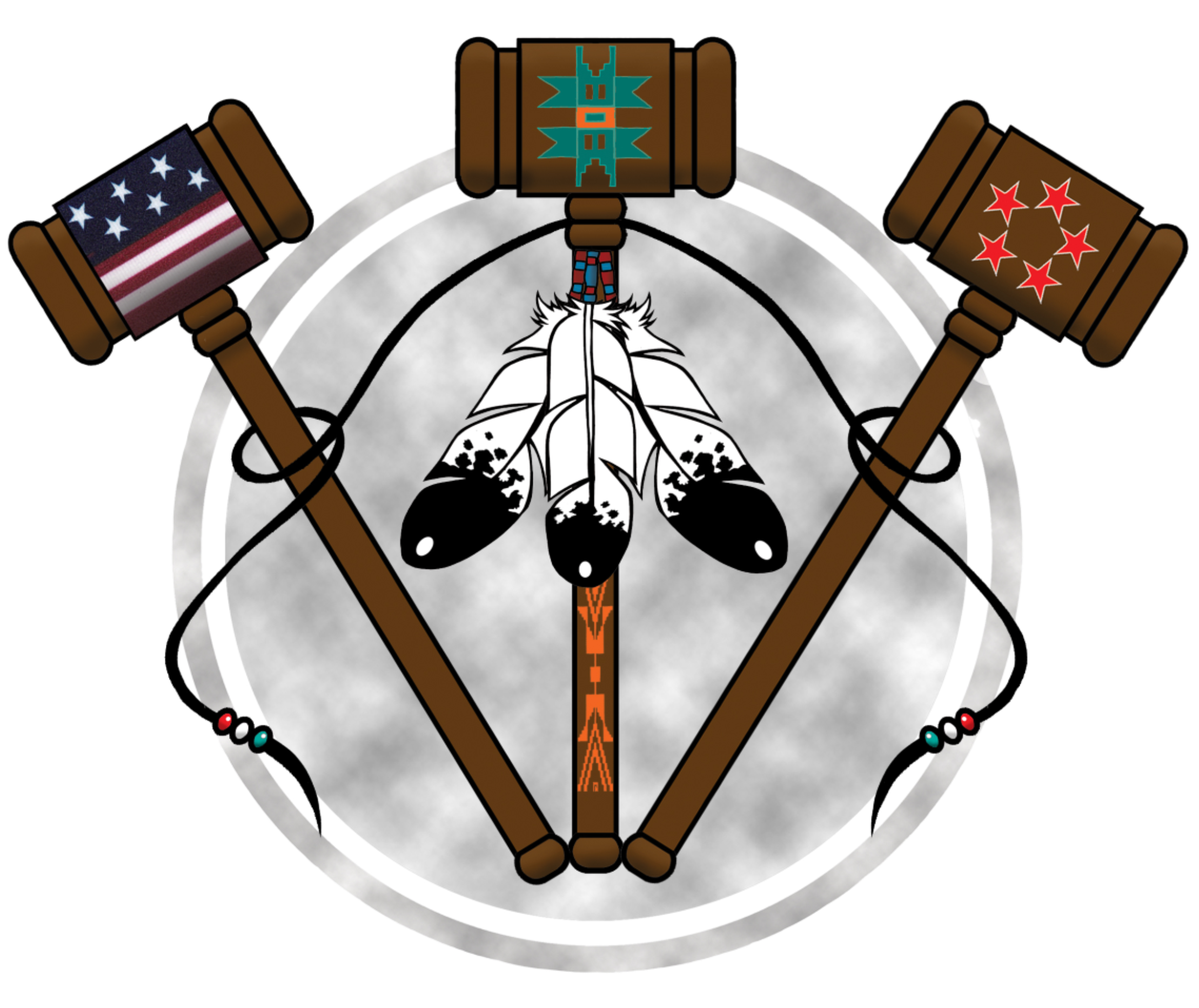REGISTRATION NOW OPEN!
American Indian Justice Conference
July 30 – 31, 2024 | Albuquerque, NM
This Free event is U.S. DOJ approved.
8:00 AM – 5:15 PM each day
Please make reservations by Wednesday, July 10, 2024 to ensure negotiated rate.
Hotel Information
Isleta Resort and Casino
11000 Broadway Blvd SE
Albuquerque, NM 87105
Reservations can be made at this booking link or by calling
877-747-5352 or 505-724-3800 and using group code: NJC0624
Government rate: $141
About the Conference
Join us in July to discuss strategies that enhance tribal justice systems including essential information on court development, responding to alcohol and substance use disorder, and improving probation and reentry outcomes. We will explore promising practices in multidisciplinary, multijurisdictional, and trauma-informed approaches to the development and implementation of justice programs.
Who should attend?
- Affiliates from all federally recognized tribes working in courts, law enforcement, prosecution, probation/reentry, corrections, treatment, social service programs and victim services
- BJA Coordinated Tribal Assistance Solicitation and Tribal Comprehensive Opioid, Stimulant and Substance Use Program grantees
- BJA-funded grantees may use existing travel funds in their grant budget to cover the costs to attend this training. Please contact your BJA Grant Manager if you need to reallocate grant funds to cover these costs.
This project was supported by Grant No. 2019-MU-MU-K001 awarded by the Bureau of Justice Assistance. The Bureau of Justice Assistance is a component of the Department of Justice’s office of Justice Programs, which also includes the Bureau of Justice Statistics, the National Institute of Justice, the Office of Juvenile Justice and Delinquency Prevention, the Office for Victims of Crime, and the Office of Sex Offender Sentencing, Monitoring, Apprehending, Registering, and Tracking. Points of view or opinions in this document are those of the author and do not necessarily represent the official position or policies of the U.S. Department of Justice.

